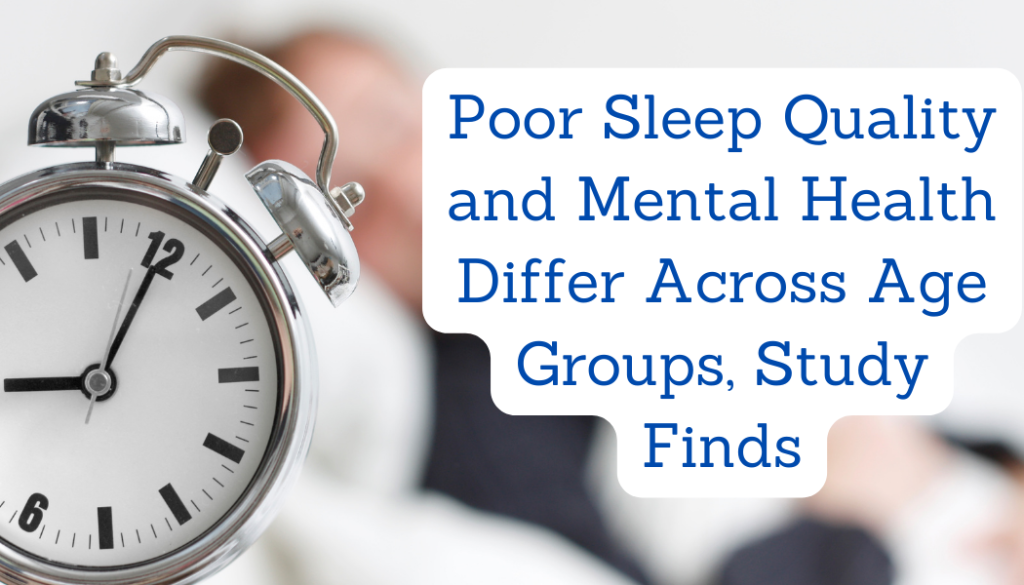A study published in the journal PNAS has revealed a significant link between acute sleep deprivation and increased levels of β-amyloid (Aβ) in the human brain. Aβ is a protein fragment that accumulates in the brain and forms plaques, which are a hallmark of Alzheimer’s disease.
Researchers conducted the study using positron emission tomography (PET) scans to measure Aβ burden in the brains of 20 healthy participants. Participants underwent two PET scans: one after a night of rested sleep and another after a night of complete sleep deprivation.
Findings
The results were striking. After just one night of sleep deprivation, participants experienced a notable increase in Aβ burden in the right hippocampus and thalamus, two brain regions closely associated with memory and cognition. These increases were linked to worsening mood and emotional state following sleep deprivation.
The findings provide compelling evidence that even a single night of sleep loss can have a detrimental impact on brain health. These results underscore the importance of prioritizing sleep for overall well-being and potentially reducing the risk of neurodegenerative diseases like Alzheimer’s.
While the study focused on acute sleep deprivation, previous research has suggested that chronic sleep deprivation may also contribute to Aβ accumulation. The authors noted that their findings align with these prior observations, further emphasizing the negative effects of insufficient sleep on brain health.
Interestingly, the researchers found that the genetic risk for Alzheimer’s disease, as determined by the APOE genotype, did not influence the impact of sleep deprivation on Aβ burden. This suggests that sleep quality and quantity may be independent risk factors for the disease.
Additionally, the study revealed a correlation between baseline Aβ burden in certain brain regions and the reported number of night sleep hours. Individuals who slept fewer hours per night tended to have higher Aβ levels in subcortical regions and the precuneus. This suggests that even in healthy individuals, chronic sleep deprivation may contribute to the accumulation of Aβ.
Conclusion
The findings highlight the complex interplay between sleep, genetics, and brain health. While genetic factors undoubtedly play a role in Alzheimer’s disease, our results demonstrate that lifestyle factors, such as sleep quality and quantity, can also significantly influence the development of the disease.
Future directions
The authors emphasized that the study provides preliminary evidence and that further research is needed to fully understand the long-term consequences of sleep deprivation on brain health and the development of Alzheimer’s disease. However, the findings offer a strong rationale for prioritizing sleep as a crucial component of a healthy lifestyle.




